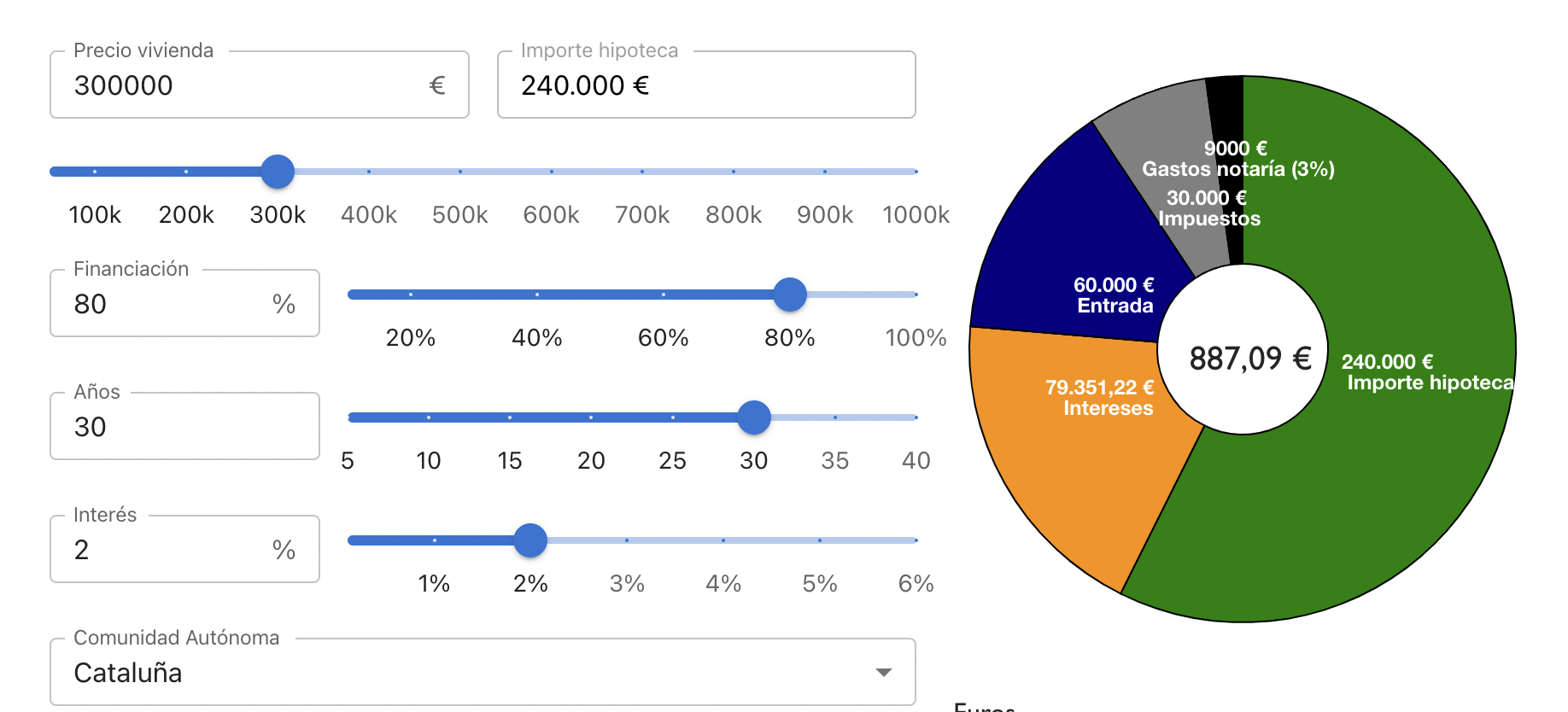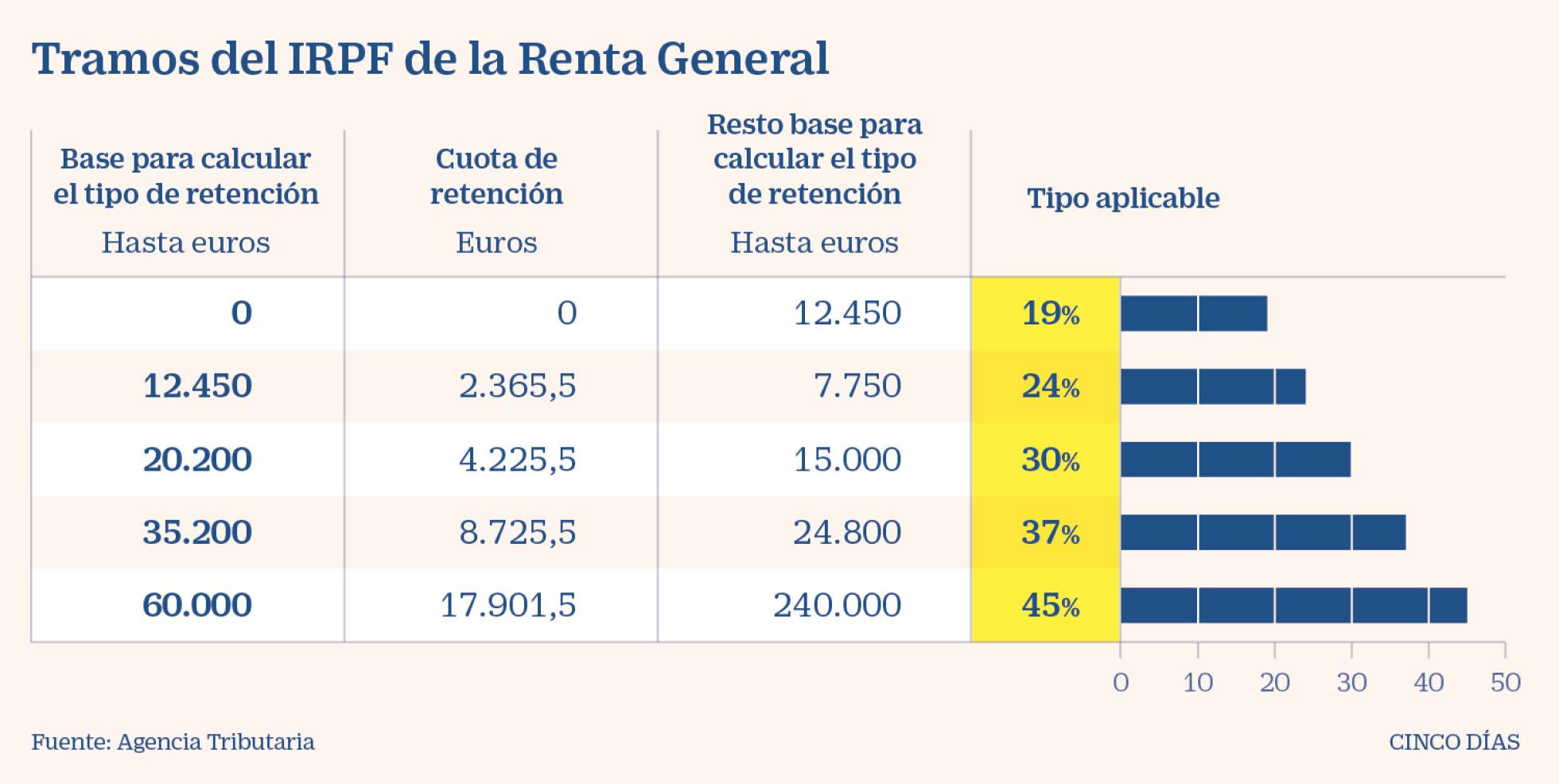Book - The Psychology of Money Timeless Lessons on Wealth, Greed, and Happiness - Morgan Hausel
I’ve read several books lately but the one I liked more and want to review is: “The Psychology of Money” by Morgan Hausel. It’s so interesting that I couldn’t stop highlighting sentences.
The aim of the book is “use short stories to convince you that soft skills are more important than the technical side of money”. I’ll add that the book talks about the FIRE movement without metioning it.
It’s divided in 20 different learnings. I’ll go over them and quote the parts that resonated with me the most:
1. No One’s Crazy
You personal experiences with money make up maybe 0.0000001% of what’s happened in the world, but maube 80% of how you think the world works
People from different generations, raised by different parents who earned different incomes and held different values, in different parts of the world, born into different economies, experiencing different job markets with different incentives and different degrees of luck, learn very different lessons.
The economists wrote: “Our findings suggest that individual investors’ willingness to bear risk depends on personal history.” Not intelligence, or education, or sophistication
2. Luck & Risk
Nothing is as good or bad as it seems
The line between “inspiringly bold” and “foolishly reckless” can be a millimeter thick and only visible with hindsight. Risk and luck are doppelgangers.
The cover of Forbes magazine does not celebrate poor investors who made good decisions but happened to experience the unfortunate side of risk. But it almost certainly celebrates rich investors who made OK or even reckless decisions and happened to get lucky. Both flipped the same coin that happened to land on a different side.
Bill Gates once said, “Success is a lousy teacher. It seduces smart people into thinking they can’t lose.”
3. Never enough
When rich people do crazy things
At a party given by a billionaire on Shelter Island, Kurt Vonnegut informs his pal, Joseph Heller, that their host, a hedge fund manager, had made more money in a single day than Heller had earned from his wildly popular novel Catch-22 over its whole history. Heller responds, “Yes, but I have something he will never have … enough.”
To make money they didn’t have and didn’t need, they risked what they did have and did need. And that’s foolish. It is just plain foolish. If you risk something that is important to you for something that is unimportant to you, it just does not make any sense.
4. Confounding Compounding
$81.5 billions of Buffet’s $84.5 billion net worth came after his 65th birthday
Not “growth” or “brains” or “insight.” The ability to stick around for a long time, without wiping out or being forced to give up, is what makes the biggest difference. This should be the cornerstone of your strategy, whether it’s in investing or your career or a business you own.
You don’t need tremendous force to create tremendous results. If something compounds—if a little growth serves as the fuel for future growth—a small starting base can lead to results so extraordinary they seem to defy logic. It can be so logic-defying that you underestimate what’s possible, where growth comes from, and what it can lead to.
5. Getting Wealthy vs. Staying Wealthy
Good investing is not necessarily about making good decisions. It’s about consistently not screwing up
We can spend years trying to figure out how Buffett achieved his investment returns: how he found the best companies, the cheapest stocks, the best managers. That’s hard. Less hard but equally important is pointing out what he didn’t do. He didn’t get carried away with debt. He didn’t panic and sell during the 14 recessions he’s lived through. He didn’t sully his business reputation. He didn’t attach himself to one strategy, one world view, or one passing trend. He didn’t rely on others’ money (managing investments through a public company meant investors couldn’t withdraw their capital). He didn’t burn himself out and quit or retire.
6. Tails, You Win
You can be wrong half the time and still make a fortune
“The great investors bought vast quantities of art,” the firm writes.¹⁹ “A subset of the collections turned out to be great investments, and they were held for a sufficiently long period of time to allow the portfolio return to converge upon the return of the best elements in the portfolio. That’s all that happens.” The great art dealers operated like index funds. They bought everything they could. And they bought it in portfolios, not individual pieces they happened to like. Then they sat and waited for a few winners to emerge.
J.P. Morgan Asset Management once published the distribution of returns for the Russell 3000 Index—a big, broad, collection of public companies—since 1980.²¹ Forty percent of all Russell 3000 stock components lost at least 70% of their value and never recovered over this period. Effectively all of the index’s overall returns came from 7% of component companies that outperformed by at least two standard deviations.
Napoleon’s definition of a military genius was, “The man who can do the average thing when all those around him are going crazy.” It’s the same in investing.
7. Freedom
Controlling your time is the highest dividend money pays
The highest form of wealth is the ability to wake up every morning and say, “I can do whatever I want today.” People want to become wealthier to make them happier. Happiness is a complicated subject because everyone’s different. But if there’s a common denominator in happiness—a universal fuel of joy—it’s that people want to control their lives. The ability to do what you want, when you want, with who you want, for as long as you want, is priceless. It is the highest dividend money pays.
In his book 30 Lessons for Living, gerontologist Karl Pillemer interviewed a thousand elderly Americans looking for the most important lessons they learned from decades of life experience. He wrote: No one—not a single person out of a thousand—said that to be happy you should try to work as hard as you can to make money to buy the things you want. No one—not a single person—said it’s important to be at least as wealthy as the people around you, and if you have more than they do it’s real success. No one—not a single person—said you should choose your work based on your desired future earning power.
What they did value were things like quality friendships, being part of something bigger than themselves, and spending quality, unstructured time with their children. “Your kids don’t want your money (or what your money buys) anywhere near as much as they want you. Specifically, they want you with them,” Pillemer writes. Take it from those who have lived through everything: Controlling your time is the highest dividend money pays.
8. Man in the Car Paradox
No one is impressed with your possessions as much as you are
“You might think you want an expensive car, a fancy watch, and a huge house. But I’m telling you, you don’t. What you want is respect and admiration from other people, and you think having expensive stuff will bring it. It almost never does—especially from the people you want to respect and admire you.”
9. Wealth is What You Don’t See
Spending money to show people how much money you have is the fastest way to have less money
The only way to be wealthy is to not spend the money that you do have. It’s not just the only way to accumulate wealth; it’s the very definition of wealth.
But wealth is hidden. It’s income not spent. Wealth is an option not yet taken to buy something later. Its value lies in offering you options, flexibility, and growth to one day purchase more stuff than you could right now.
Exercise is like being rich. You think, “I did the work and I now deserve to treat myself to a big meal.” Wealth is turning down that treat meal and actually burning net calories. It’s hard, and requires self-control. But it creates a gap between what you could do and what you choose to do that accrues to you over time. The problem for many of us is that it is easy to find rich role models. It’s harder to find wealthy ones because by definition their success is more hidden.
10. Save Money
The only factor you can control generates one of the only things that matter. How wonderful
When you define savings as the gap between your ego and your income you realize why many people with decent incomes save so little. It’s a daily struggle against instincts to extend your peacock feathers to their outermost limits and keep up with others doing the same.
You don’t need a specific reason to save.
11. Reasonable > Rational
Aiming to be mostly reasonable works better than trying to be coldly rational
Rational investor makes decisions based on numeric facts. A reasonable investor makes them in a conference room surrounded by co-workers you want to think highly of you, with a spouse you don’t want to let down, or judged against the silly but realistic competitors that are your brother-in-law, your neighbor, and your own personal doubts. Investing has a social component that’s often ignored when viewed through a strictly financial lens.
There are few financial variables more correlated to performance than commitment to a strategy during its lean years—both the amount of performance and the odds of capturing it over a given period of time. The historical odds of making money in U.S. markets are 50/50 over one-day periods, 68% in one-year periods, 88% in 10-year periods, and (so far) 100% in 20-year periods. Anything that keeps you in the game has a quantifiable advantage.
12. Surprise!
History is the study of hange, ironically used as a map of the future
The further back in history you look, the more general your takeaways should be. General things like people’s relationship to greed and fear, how they behave under stress, and how they respond to incentives tend to be stable in time. The history of money is useful for that kind of stuff. But specific trends, specific trades, specific sectors, specific causal relationships about markets, and what people should do with their money are always an example of evolution in progress. Historians are not prophets.
13. Room for Error
The most important part of every plan is planning on your plan not going according to plan
Benjamin Graham is known for his concept of margin of safety. He wrote about it extensively and in mathematical detail. But my favorite summary of the theory came when he mentioned in an interview that “the purpose of the margin of safety is to render the forecast unnecessary.”
Room for error lets you endure a range of potential outcomes, and endurance lets you stick around long enough to let the odds of benefiting from a low-probability outcome fall in your favor. The biggest gains occur infrequently, either because they don’t happen often or because they take time to compound. So the person with enough room for error in part of their strategy (cash) to let them endure hardship in another (stocks) has an edge over the person who gets wiped out, game over, insert more tokens, when they’re wrong.
The most important part of every plan is planning on your plan not going according to plan.
14. You’ll Change
Long-term planning is harder than it seems because people’s goals and desires change over time
An underpinning of psychology is that people are poor forecasters of their future selves.
Compounding works best when you can give a plan years or decades to grow. This is true for not only savings but careers and relationships. Endurance is key. And when you consider our tendency to change who we are over time, balance at every point in your life becomes a strategy to avoid future regret and encourage endurance.
Sunk costs—anchoring decisions to past efforts that can’t be refunded—are a devil in a world where people change over time. They make our future selves prisoners to our past, different, selves. It’s the equivalent of a stranger making major life decisions for you.
15. Nothing’s Free
Everything has a price, but not all prices appear on labels
Like everything else worthwhile, successful investing demands a price. But its currency is not dollars and cents. It’s volatility, fear, doubt, uncertainty, and regret—all of which are easy to overlook until you’re dealing with them in real time.
Many people in investing choose the third option. Like a car thief—though well-meaning and law-abiding—they form tricks and strategies to get the return without paying the price. They trade in and out. They attempt to sell before the next recession and buy before the next boom. Most investors with even a little experience know that volatility is real and common. Many then take what seems like the next logical step: trying to avoid it.
sounds trivial, but thinking of market volatility as a fee rather than a fine is an important part of developing the kind of mindset that lets you stick around long enough for investing gains to work in your favor.
The volatility/uncertainty fee—the price of returns—is the cost of admission to get returns greater than low-fee parks like cash and bonds.
Morningstar once looked at the performance of tactical mutual funds, whose strategy is to switch between stocks and bonds at opportune times, capturing market returns with lower downside risk.⁵⁰ They want the returns without paying the price. The study focused on the mid-2010 through late 2011 period, when U.S. stock markets went wild on fears of a new recession and the S&P 500 declined more than 20%. This is the exact kind of environment the tactical funds are supposed to work in. It was their moment to shine. There were, by Morningstar’s count, 112 tactical mutual funds during this period. Only nine had better risk-adjusted returns than a simple 60/40 stock-bond fund. Less than a quarter of the tactical funds had smaller maximum drawdowns than the leave-it-alone index. Morningstar wrote: “With a few exceptions, [tactical funds] gained less, were more volatile, or were subject to just as much downside risk” as the hands-off fund.
16. You & Me
Beware taking financial cues from people playing a different game than you are
Bubbles form when the momentum of short-term returns attracts enough money that the makeup of investors shifts from mostly long term to mostly short term. That process feeds on itself. As traders push up short-term returns, they attract even more traders. Before long—and it often doesn’t take long—the dominant market price-setters with the most authority are those with shorter time horizons. Bubbles aren’t so much about valuations rising. That’s just a symptom of something else: time horizons shrinking as more short-term traders enter the playing field.
It’s hard to grasp that other investors have different goals than we do, because an anchor of psychology is not realizing that rational people can see the world through a different lens than your own. Rising prices persuade all investors in ways the best marketers envy. They are a drug that can turn value-conscious investors into dewy-eyed optimists, detached from their own reality by the actions of someone playing a different game than they are.
A takeaway here is that few things matter more with money than understanding your own time horizon and not being persuaded by the actions and behaviors of people playing different games than you are.
17. The Seduction of Pessimism
Optimism sounds like a sales pitch. Pessimism sounds like someone trying to help you
Pessimism just sounds smarter and more plausible than optimism. Tell someone that everything will be great and they’re likely to either shrug you off or offer a skeptical eye. Tell someone they’re in danger and you have their undivided attention.
18. When You’ll Believe Anything
Appealing functions, and why stories are more powerful than statistics
There are many things in life that we think are true because we desperately want them to be true.
Take Bernie Madoff. In hindsight his Ponzi scheme should have been obvious. He reported returns that never varied, they were audited by a relatively unknown accounting firm, and he refused to release much information on how the returns were achieved. Yet Madoff raised billions of dollars from some of the most sophisticated investors in the world. He told a good story, and people wanted to believe it.
The bigger the gap between what you want to be true and what you need to be true to have an acceptable outcome, the more you are protecting yourself from falling victim to an appealing financial fiction. When
19. All Together Now
What we’ve learned about the psychology of your own money
This chapter is just a summary of all the previous points.
Less ego, more wealth. Saving money is the gap between your ego and your income, and wealth is what you don’t see. So wealth is created by suppressing what you could buy today in order to have more stuff or more options in the future. No matter how much you earn, you will never build wealth unless you can put a lid on how much fun you can have with your money right now, today.
Achieving some level of independence does not rely on earning a doctor’s income. It’s mostly a matter of keeping your expectations in check and living below your means. Independence, at any income level, is driven by your savings rate. And past a certain level of income your savings rate is driven by your ability to keep your lifestyle expectations from running away.
20. Confessions
In the final chapter, Morgan goes over what he and his family do with money. How do they manage it:
We own our house without a mortgage, which is the worst financial decision we’ve ever made but the best money decision we’ve ever made. Mortgage interest rates were absurdly low when we bought our house. Any rational advisor would recommend taking advantage of cheap money and investing extra savings in higher-return assets, like stocks. But our goal isn’t to be coldly rational; just psychologically reasonable.
Every investor should pick a strategy that has the highest odds of successfully meeting their goals. And I think for most investors, dollar-cost averaging into a low-cost index fund will provide the highest odds of long-term success.
It doesn’t need to be more complicated than that for us. I like it simple. One of my deeply held investing beliefs is that there is little correlation between investment effort and investment results. The reason is because the world is driven by tails—a few variables account for the majority of returns. No matter how hard you try at investing you won’t do well if you miss the two or three things that move the needle in your strategy. The reverse is true. Simple investment strategies can work great as long as they capture the few things that are important to that strategy’s success. My investing strategy doesn’t rely on picking the right sector, or timing the next recession. It relies on a high savings rate, patience, and optimism that the global economy will create value over the next several decades. I spend virtually all of my investing effort thinking about those three things—especially the first two, which I can control.
What do you think? Do you agree with the author? Does psychology play an important role when talking about money?




Leave a comment